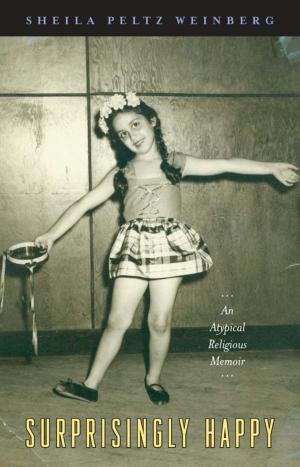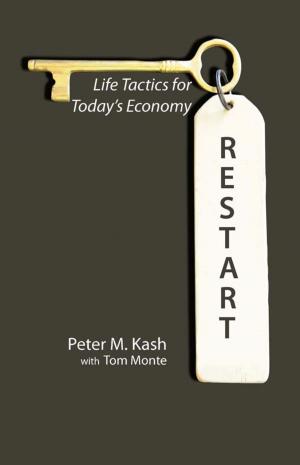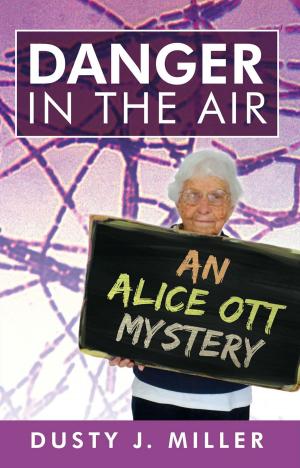| Author: | Kitty Burns Florey | ISBN: | 9781887043304 |
| Publisher: | White River Press | Publication: | November 10, 2016 |
| Imprint: | White River Press | Language: | English |
| Author: | Kitty Burns Florey |
| ISBN: | 9781887043304 |
| Publisher: | White River Press |
| Publication: | November 10, 2016 |
| Imprint: | White River Press |
| Language: | English |
Amity Street continues the story that began in New Haven in 1856, chronicled in The Writing Master. It is now the year 1892. Anna Felice, a wealthy former opera star, travels from Rome, Italy, to America—Manhattan, New Haven, finally Amherst, Massachusetts—in search of the truth about her family history. In Amherst, she encounters George Mullen, who holds the key to her past; Hazel Cooper, the writing master's daughter, who is trying to chart the precarious course of her future; and Hazel's cousin, the eccentric, enigmatic Davey Chillick, whose placid existence is about to take a startling turn. And much to Anna's surprise, as she learns the shocking facts about her background, she begins to fall in love with a little country town and the people in it. The scope of the novel includes the social and political upheavals of the 1890s—among them the suffrage movement, the Rational Dress Society, and the conventions of courtship. It also encompasses the taming of a hawk, the right way to train a voice, the making of rhubarb wine, and—most of all—the many ways to define what we call home. Reflecting the author’s affection for Victorian novels, New England history, and the towns and landscapes of Western Massachusetts, Amity Street is a thoughtful and compelling examination of a memorable cast of characters and the changing world in which they struggle to live their tumultuous lives.
Amity Street continues the story that began in New Haven in 1856, chronicled in The Writing Master. It is now the year 1892. Anna Felice, a wealthy former opera star, travels from Rome, Italy, to America—Manhattan, New Haven, finally Amherst, Massachusetts—in search of the truth about her family history. In Amherst, she encounters George Mullen, who holds the key to her past; Hazel Cooper, the writing master's daughter, who is trying to chart the precarious course of her future; and Hazel's cousin, the eccentric, enigmatic Davey Chillick, whose placid existence is about to take a startling turn. And much to Anna's surprise, as she learns the shocking facts about her background, she begins to fall in love with a little country town and the people in it. The scope of the novel includes the social and political upheavals of the 1890s—among them the suffrage movement, the Rational Dress Society, and the conventions of courtship. It also encompasses the taming of a hawk, the right way to train a voice, the making of rhubarb wine, and—most of all—the many ways to define what we call home. Reflecting the author’s affection for Victorian novels, New England history, and the towns and landscapes of Western Massachusetts, Amity Street is a thoughtful and compelling examination of a memorable cast of characters and the changing world in which they struggle to live their tumultuous lives.















